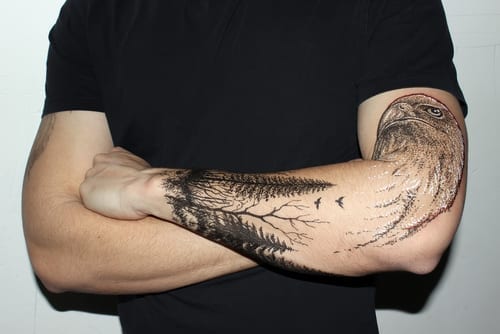According to a number of recent studies, women who have more children will age slower and will also live longer. Researchers from Simon Fraser University, Canada, looked at 75 indigenous Guatemalan women from two neighboring rural communities and collected data about the number of children the women had given birth to.
In order to find a link between number of children and the rate of biological aging, the team also looked at the length of each woman's telomeres, the protective tips found at the end of each DNA strand that indicate how cells are aging. The longer the cells, the better it is for aging and longevity. To assess the length of the women's telomeres, the team took saliva samples and DNA swabs from the inside of the cheek. A second set of samples was collected 13 years later.
In the first study to look at a direct link between the length of telomeres and the number of children, results showed that the women who gave birth to more surviving children had longer telomeres, contradicting previous theories which maintained that producing a larger number of offspring speeds up biological aging.
Researchers believe that these results could be explained by two factors:
1) The cultural factor: As these women were from communities where mothers receive a large amount of social support from friends and family, this could enable the body to devote more of its energy to looking after and maintaining body tissue, therefore slowing down the biological aging process. However although this level of support is a social norm for communities where the study took place, it may not be seen across all cultures or societies.
2) The biological factor: The results could also be explained by the primary female sex hormone estrogen, which has a strong antioxidant effect on the body. Levels of estrogen rise significantly during pregnancy, leading the researchers to believe that thanks to its antioxidant effect, estrogen may protect the mother's cells against telomere shortening. This could explain the anti-aging effect which bearing children can have on their mothers.
In another recent study, Australian researchers demonstrated that women can also expect to live longer with each child they bear, and this is especially noticeable with women who have many children. Researchers analyzed 1,200 women over the age of 60 since 1988. Women with six or more children were found to be 40 percent less likely to die during the 16-year follow-up period than women with no children, an expectancy that increased with each child they bore. Researchers said that, although it was not known exactly why children increased life expectancy, the results corresponded to the findings of studies in other countries as well.
The study also found that men with more children were less likely to die earlier, although the link was not as clear as with women.
In recent decades, scientists have shed some light on the healing properties of pregnancy, particularly fetal cell microchimerism, a phenomenon that has been shown to provide unique health benefits to a mother thanks to her unborn child. It is possible that this could explain children's effect on their mother's longevity.
In a book on pregnancy science released in 2011, science writer Jena Pinctott described how fetal cells have been shown to penetrate a mother’s body, including stem cells that migrate to the mother’s injuries to spur healing, in a mechanism that strongly suggests that a baby’s own cells can “repair and rejuvenate moms.” The young cells are believed to stay with a mother for the rest of her life. For example, a baby’s fetal cells show up significantly more often in a mother’s healthy breast tissue and less often in a woman who has breast cancer, according to numbers cited by Pinctott.
In a 2006 interview, genetics specialist Dr. Kirby Johnson of Tufts Medical Center in Boston recalled one woman with a diseased liver, whose biopsy revealed “sheets of cells” from the children of her five pregnancies – two of them procured abortions and two miscarriages – that had congregated near the damaged liver tissue.
Pinctott sees something “beautiful” in this. “Long post postpartum, we mothers continue to carry our children, at least in a sense. Our babies become part of us, just as we are a part of them. The barriers have broken down; the lines are no longer fixed.”
Perhaps it is not at all poetic to say along with Pinctott that a baby lives a lifetime in a mother’s heart and mind.





